Fraud Detection
Real-time detection system for telecommunications fraud using behavior patterns, statistical analysis and machine learning
CDTI - Centro para el Desarrollo Tecnológico Industial
About Fraud Detection
False Answer Supervision refers to the scenario where the answer signal of a call is modified to charge for non-conversational time. There are three general types of false answer supervision...
- The carrier returns the answer signal when ringing starts, rather than when the customer answers. This increases the duration of the call, and therefore the cost of the call. A call may even be charged despite being dropped due to no answer.
- The more clearly fraudulent variant of this scheme involves call diversion. The fraudulent carrier will route the call to a recorded message that plays a ringing tone and then a recording. This is intended to keep the calling customer on the line and paying for the call as long as possible.
- The call is not terminated when the recipient hangs up, and waits for the caller to disconnect. During the period between the recipient disconnecting and the caller disconnecting, the caller is billed.

This project is carried out for the company Stonework Solutions from previous projects where consulting reports were prepared on the application of Artificial Intelligence techniques in the detection of fraud in telecommunications and its characterization.
Fraud Detection screenshots
People in Fraud Detection

Juan A. Recio García

Guillermo Jiménez Díaz






